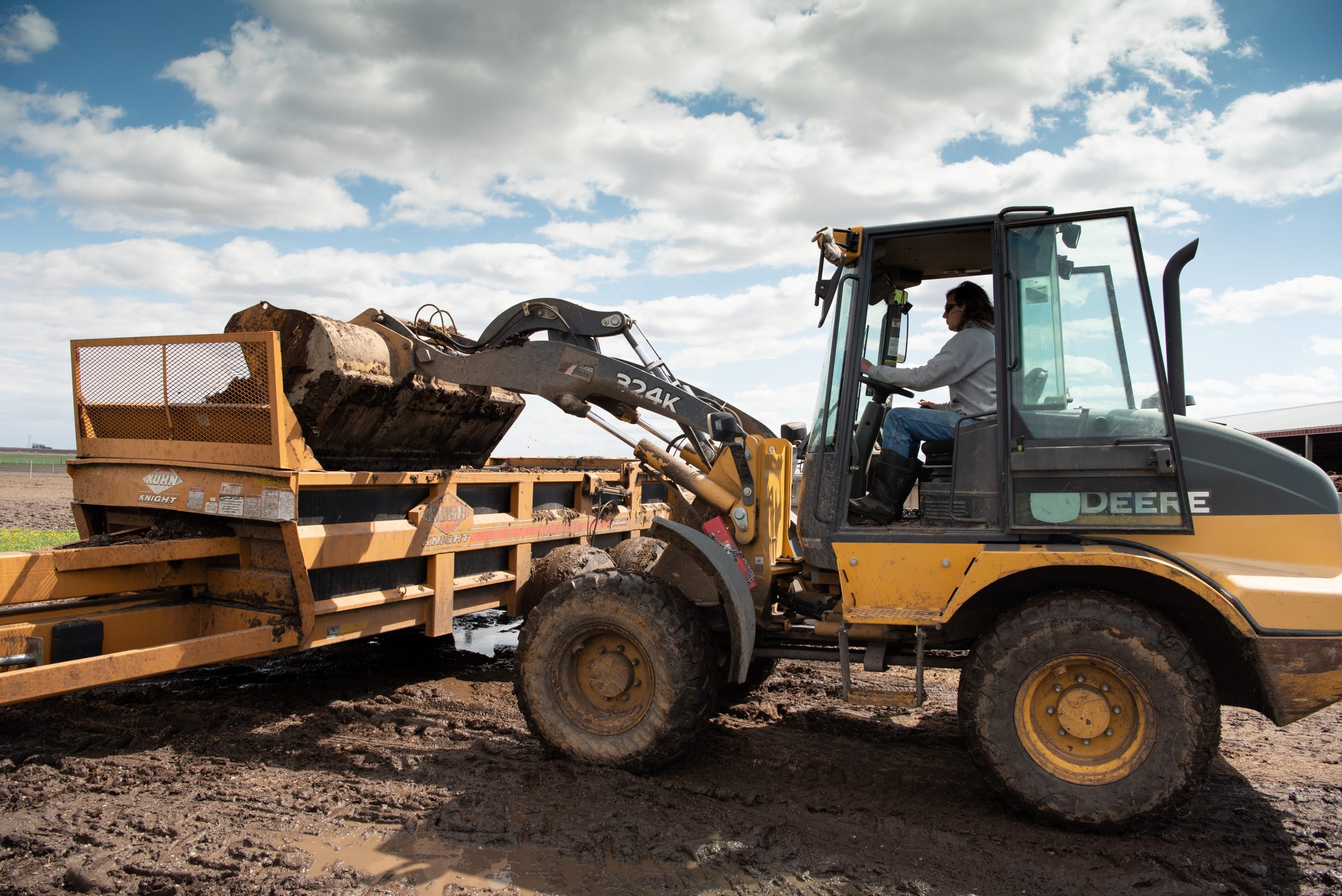Illinois State University is expanding its sustainability initiatives to include a commercial scale food composting operation to divert more local food waste from the landfill. Pulped food waste from across campus is already composted at the University Farm near Lexington. The community composting program will widen that operation to accept unpulped food waste from non-residential sources such as businesses, schools and restaurants.
Illinois State currently composts more than 4,000 pounds of campus food waste each school year. University officials are hoping to greatly expand that number by accepting food waste from non-residential sources in the Bloomington-Normal community. Those non-residential sources could include businesses, schools, restaurants, medical facilities, grocery stores and hotels. Food waste will be transported to the composting facility by an approved third-party hauler. After the purchase and installation of equipment it is anticipated that the new program will be operational by January 2011.
“This is a great step toward the future for our community and for Illinois State,” said Director of Grounds Mike O’Grady. “While relatively new in this area, food composting has been a way of life on both the east and west coasts for some time.”
The community composting program will include an expansion of existing composting facilities at the University Farm and the purchase of a large grinder to break down the food waste. Currently, food waste from campus dining facilities is put through a pulper – similar to a large garbage disposal – to break it down and remove liquids. The new grinding equipment will be installed on the farm and will allow food waste to be processed onsite instead of at the source. Once food waste has been ground, it is mixed with yard waste and livestock manure and spread into windrows for composting. After a six to eight month composting process, the finished organic material is used as a soil amendment at the farm and on campus and is also available for purchase.
“This composting project showcases the commitment that Illinois State and its partners in Bloomington-Normal have to furthering sustainability efforts in the community,” said Enid Cardinal, director of Illinois State’s Office of Sustainability. “The program is a wonderful complement to the University’s other dining center waste reduction strategies such as trayless dining, water refilling stations and the recovery of waste fryer oil for biodiesel production.”
Community Composting Program Expansion

